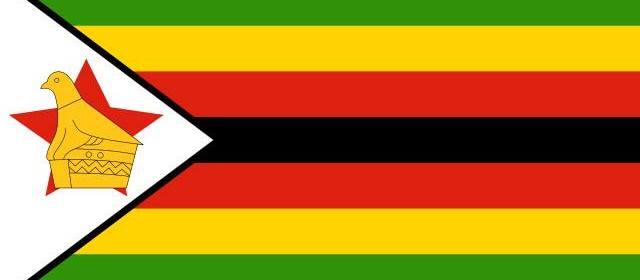- WICKNELL CHIVAYO left school at 15
- DISGRUNTLED Zimbabwe police stage uniform protest.
- MNANGAGWA wife Auxillia drops charges against nine women who boed her in Manicaland
- O.J. Simpson dies of cancer , aged 76.
- South Africa ANC is the cause of ZIMBABWE troubles claims Zimbabwe opposition politician Job Sikhala
‘Zimbabwe Must Abolish Deputy Ministerial Post’- Crisis Coalition Official

ZIMBABWE must streamline its cabinet and in particular abolish the deputy ministerial position because “it is largely ceremonial and a drag on the fiscus”, an NGO official has said.
Contributing to debate on the importance of the several economic blue-prints that have been published by opposition parties, the ruling party and civic society, Crisis Coalition’s Thulani Mswelantu said his organization’s ZimStart document advocates for a lean executive.
“Zimbabwe needs to trim the size of its cabinet, abolish the positions of deputy ministers.
“They neither sit in cabinet nor act as ministers hence are just one of the many drags on the fiscus,” Mswelantu told the panel discussion organised by the Media Centre in Harare, on Tuesday.
He said Zimbabwe also needs to move from the over-reliance on large corporations and billion dollar investments and “face reality”.
“We need a pro-small scale financial system and credit facility.
“This is important if the informal sector is to be transformed into the engine for economic growth that we all know it is. The big-money investments may never come,” he said.
Other speakers however turned to the country’s poisoned political environment saying it is the major source of the country’s problems.
Zimbabwe Democracy Institute (ZDI) director Pedzisayi Ruhanya said Zimbabwe required political reform now more than ever.
“Rather than economic, our problems are largely political and it is wishful thinking to dream of an economic turnaround that is detached from a political regeneration,” said Ruhnya.
It was however the clash of ideologies between Ruhanya and political commentator Takura Zhangazha who charaterised all the blue-prints currently in the public domain as “neo-liberal”.
“Zanu PF wants to establish a capitalist Oligarchy such as the one in Angola. Whether you have money or not will not be the problem as long as the elite are okay.
“All the other blue-prints including the one published by Crisis have a neo-liberal agenda.
“They have been launched in the media because their genesis is from the elite and not the people.
“If we are to have a truly social democratic state there is need to make sure every citizen has an equal starting point,” said Zhangazha.
“We must ensure that we all have the right to water, housing, education and such other social rights as a basic starting point to grow from”.
“Ruhanya argued, “what is wrong with neo-liberalism,” interjecting Zhangazha for a brief moment creating a mini-stand-off.
“We need to define the issues of ideology,” Ruhanya told Media Centre director Ernest Mudzengi.
MDC-T secretary for local government and Bulawayo South lawmaker Eddie Cross agreed with Ruhanya, telling Zhangazha “we cannot go back to Mzilikazi’s era”.
“The environment we live in today, this global village, has little room to maneuver and we can only try and create our systems to fit the global architecture that is already there and follow laid down procedures and rules that everyone else follows,” Cross said. source-newzimbabwe
see more at www.newzimbabwevision.com